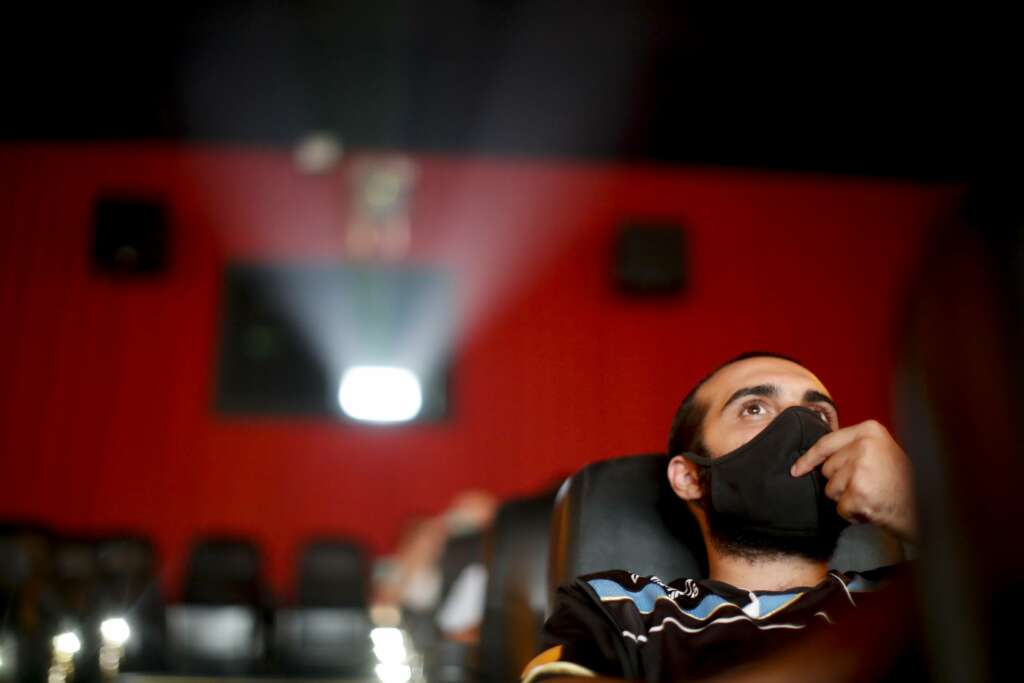VILNIUS, Lithuania (AP) — Hacker groups linked to Russian intelligence conducted cyber-attacks against top Lithuanian officials and decision-makers last year and used the Baltic nation’s technology infrastructure as a base to hit targets elsewhere, a report by Lithuania’s intelligence service said Thursday.
The annual national security threat assessment report claimed that, among others, the Russian cyber-espionage group APT29 with alleged links to Russia’s intelligence services “exploited” Lithuania’s information technology infrastructure “to carry out attacks by APT29 against foreign entities developing a COVID-19 vaccine.”
The report produced by Lithuania’s State Security Department said the COVID-19 pandemic and lockdown in Lithuania, a NATO member that is Russia’s neighbor and a former Soviet republic, decreased Russian intelligence operations against the country in 2020 and shifted the Kremlin’s efforts to cyber-espionage.
“Nevertheless, Russian intelligence operations pose a major threat to Lithuania’s national security,” State Security Department head Darius Jauniskis told Lithuanian lawmakers as he presented the report at Seimas, the Parliament, on Thursday.
Jauniskis added that Moscow was using military and economic means and influencing by information “for the implementation of its political aims” in the Baltic nation of 2.8 million.
The report estimated that the overall threat of cyber and information attacks has increased in Lithuania as the number of cyber-attacks was continuing to grow annually.
Jauniskis accused Russia of trying to use the pandemic as a way to create havoc in Lithuania, which he said had witnessed “dozens” of such “failed attempts” recently.
“Those activities were well-coordinated and fueled by anti-Western propaganda coming out from the Kremlin,” Jauniskis said.
Similarly to its neighbors Estonia and Latvia, Lithuania’s relations to Russia have remained icy since the nation regained its independence amid the fall of the Soviet Union in 1991.
Estonia’s foreign intelligence agency published its annual report last month saying that Russia is counting on the COVID-19 pandemic to weaken unity in the West, which would help Moscow gain a more prominent role in international affairs and allegedly lead to declining Western influence on the global stage.
Copyright © 2021 . All rights reserved. This website is not intended for users located within the European Economic Area.

